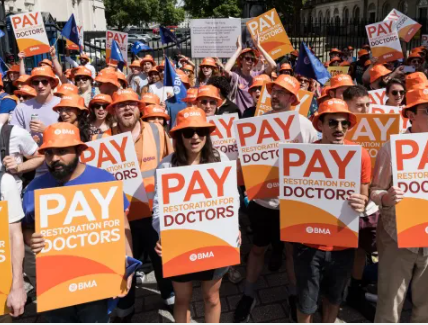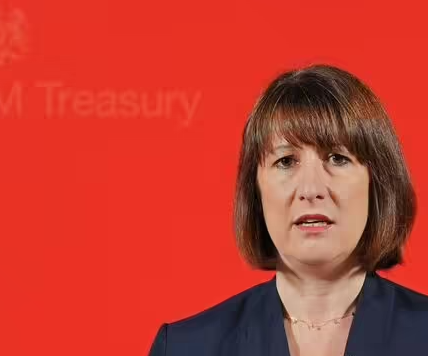
Rachel Reeves risks serious harm to rural Britain (Image: PA)
As someone who grew up on a farm and represented a constituency filled with farmers, I feel the sharp impact of Rachel Reeves’ recent budget keenly.
Wednesday’s announcement, which kept the agriculture budget flat at £2.4 billion for 2025/26, was a devastating setback for the farming community, which has been pleading for increased support in these difficult times. Farmers are already battling skyrocketing costs, unpredictable weather, and relentless pressure on margins.
Yet, instead of the help they need, this budget only adds to their burdens. One particularly painful blow is the increase in the National Living Wage by 6.7%, now set at £12.21, and the 16.3% hike in the National Minimum Wage for 18 to 20- year-olds, reaching £10 per hour.
While fair wages are important, these changes will drive up labour costs significantly for farmers, many of whom are already struggling to break even. For family farms, which rely on seasonal labour to get by, this wage increase could be the final straw. They simply cannot shoulder higher labour expenses on top of existing financial pressures.
The end of old farming support schemes, particularly for those who once received over £100,000 in direct payments, will also hit hard. Reeves revealed that these businesses will see support drastically cut, with subsidies dropping to just £8,000 by 2025.
These are not vast conglomerates; they are often larger family farms that play an essential role in our food supply. Reducing support so quickly jeopardizes the future of these operations and ignores the lifeline these subsidies provide to rural communities.
But perhaps the most disheartening change is the overhaul of Agricultural Property Relief (APR) and Business Property Relief (BPR) from April 2026. Under this new scheme, the first £1 million of combined agricultural and business assets will still receive 100% relief, but beyond that, only 50% relief will apply.
For the average farming family, this means an effective rate of 20% tax on assets over £1 million — forcing farmers, who have always relied on passing their land to the next generation, into agonizing choices. The National Farmers Union (NFU) had warned of this, anticipating the “crippling” effects it would have on family farms and the stability of our domestic food production. They were right.
I know firsthand how important these farms are to our rural areas. Family farms are not just businesses; they’re homes, legacies, and lifelines for entire communities. To face the reality that these families may be forced to sell parts of their farms just to meet new tax obligations is gut-wrenching.
The NFU has already pointed out that these changes will increase food production costs, leaving either the supply chain or consumers to carry the burden. Farmers, already hanging on by a thread after years of rising costs and extreme weather, simply cannot absorb these blows.
This budget is more than just numbers on a page; it represents a fundamental misunderstanding of the challenges facing British farmers. For a government to claim it is building a stronger economy, while ignoring the foundational role of our agricultural sector, is nothing short of shortsighted.
Without meaningful support, we risk losing the very farms that form the backbone of our food security. British farmers deserve better. They deserve a government that sees and values their contributions, not one that burdens them with policies that push them closer to the brink.
Rachel Reeves’ budget has left rural Britain in the cold, and it’s British families who will pay the price for this shortsightedness.



